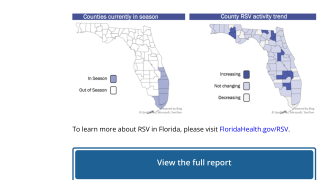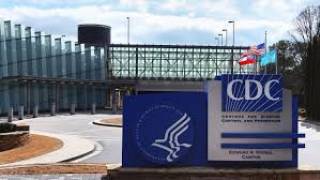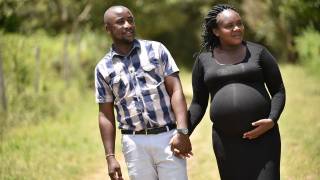RSV Vaccine for Children Under FDA Committee Review

The U.S. FDA confirmed the 188th Meeting of the Vaccines and Related Biological Products Advisory Committee (VRBPAC) will be conducted on December 12, 2024,
The Briefing Document for this digital meeting states the VRBPAC will meet in open session to discuss considerations for Respiratory Syncytial Virus [RSV] vaccine safety in pediatric populations. The FDA wrote, "The observed imbalance in severe/very severe cases of RSV LRTI in the mRNA-1345 and mRNA-1365 vaccine development program among 5-month to <8-month-old recipients of mRNA-1345 (15 μg) and mRNA-1365 (15 μg) has uncertain implications for the ongoing and future pediatric development of other non-live attenuated RSV vaccines."
Moderna's mRNA-1345 is an investigational RSV vaccine with a single mRNA sequence encoding for a stabilized prefusion F glycoprotein. The vaccine uses the same lipid nanoparticles (LNPs) as in the Moderna COVID-19 vaccines. The F glycoprotein is on the virus's surface and is required for infection by helping the virus enter host cells. It exists in two states: prefusion and postfusion. The prefusion conformation is a significant target of potent neutralizing antibodies and is highly conserved across both RSV-A and RSV-B subtypes.
The draft Agenda overview is as follows:
- Clinical and Nonclinical Aspects of RSV Vaccine Safety in Young Children.
- Review of Investigational RSV (mRNA-1345) and RSV/hMPV (mRNA-1365) Vaccines in Infants and Children < 2 Years.
- Imbalance in Severe RSV Cases in a Clinical Trial of an RSV Vaccine in Infants and Young Children.
- Committee Discussion of Considerations for RSV Vaccine Safety in Pediatric Populations.
The FDA welcomes the attendance of the public at its advisory committee meetings and will make every effort to accommodate persons with disabilities. This is the YouTube link.
Advisory committees provide independent expert advice to the FDA on broad scientific topics or specific products to help the agency make sound decisions based on the available science. Advisory committees make non-binding recommendations to the FDA, which generally follows the recommendations but is not legally bound to do so.
Our Trust Standards: Medical Advisory Committee























